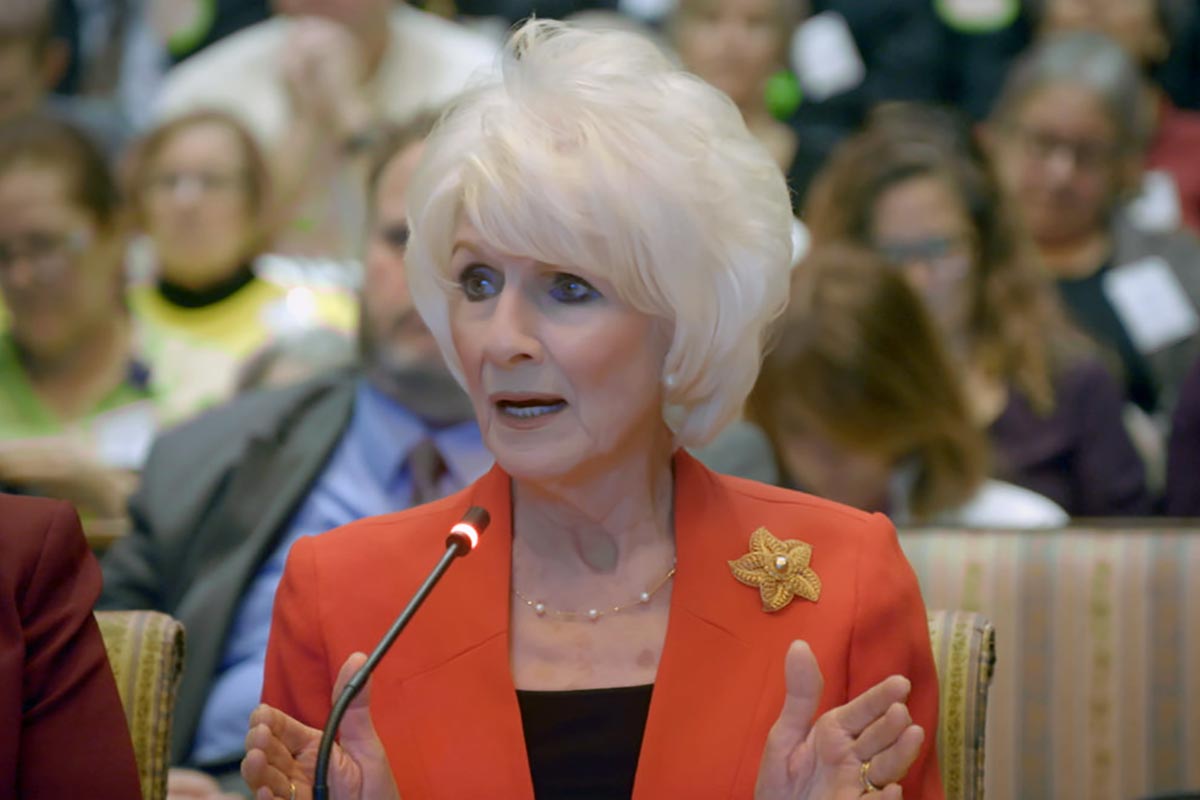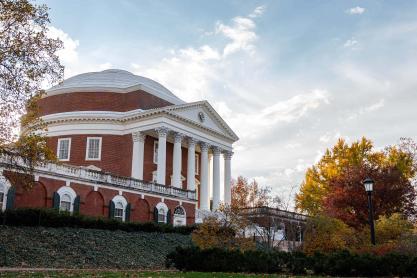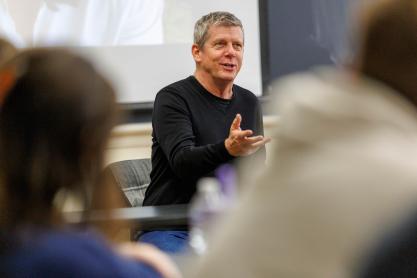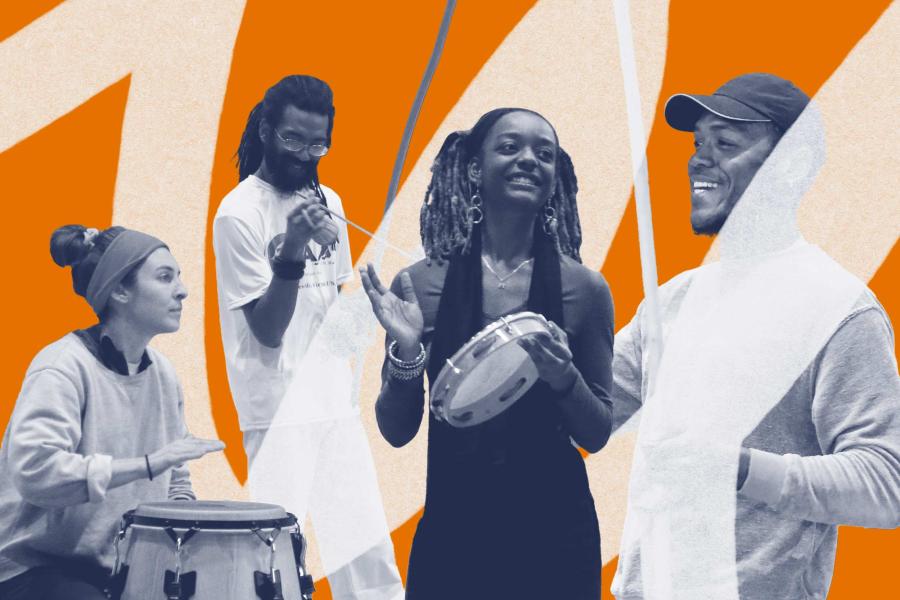After nearly half a century working in radio, journalist Diane Rehm has pretty much covered it all, from interviews with presidents to conversations about a speech disorder that nearly ended her career. However, a new film captures her most personal topic yet – the 2014 death of her husband, John, and his fight for medical aid in dying.
The film, “When My Time Comes,” will be screened on Thursday at 7 p.m. at Charlottesville’s Paramount Theater. The event is hosted by the Virginia Film Festival, a program of the University of Virginia. Afterward, Rehm, who wrote a book of the same name, will discuss the film with its director, Joe Fab. (Tickets are available here.)
Rehm, who now hosts a weekly podcast called “On My Mind,” began working with National Public Radio in 1973 and became the host of “The Diane Rehm Show” in 1984, building one of the most powerful and wide-reaching programs in public radio. She won a Personal Peabody Award in 2010, considered among the most selective prizes in electronic media; was awarded the National Humanities Medal in 2014, presented by President Barack Obama; and has received many other honors over her decades-long career.
She was married to John Rehm for 54 years, and in the film discusses the painful end to his long battle with Parkinson’s disease and his desire for “medical aid in dying,” a process that allows terminally ill, mentally capable adults whom doctors believe have six months or less to live to request a medication that will help them die in their sleep. It is currently permitted in nine U.S. states and the District of Columbia.
John Rehm lived in Maryland, which does not allow medical aid in dying, and he chose to stop eating, drinking and taking medication, seeing that as the only means available to him to control his own death. He died in 2014. Diane Rehm discusses that experience in the film and interviews other patients, their families and advocates both for and against the “right to die” movement in the U.S.
We spoke with her before the screening to hear more about what she learned, and what she hopes viewers will take away from the film.
Q. Why did you want to explore this topic in writing and film?
A. I tended to my husband for many years, until he needed to be moved to assisted living. He was there for a year and half. He told me, our children and his doctors that he felt he had lost all dignity. He could not use his hands, he could not stand on his own, or clean himself. He needed help to put a fork to his mouth. It was so very sad.
My daughter, who is a physician, told him we could keep him comfortable, but he said he did not want comfort. He was ready to die. Maryland did not, and does not, have medical aid in dying, and his doctor told him the only thing he could do was to stop eating, drinking water and taking medication.
I came in the next day, and honestly he looked wonderful; it was shocking. He told me that he had begun that process, and that he truly was ready. He was conscious and happy for the next 2½ days. And then he fell asleep and never woke up.










